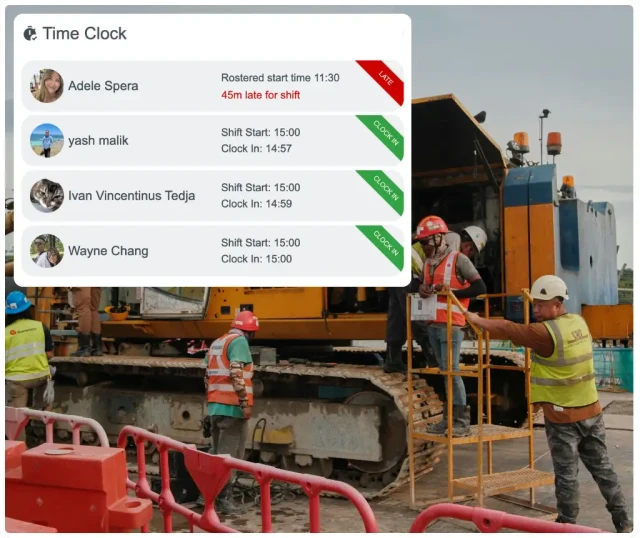RosterElf helps factories match staffing to takt time, orders, changeovers and maintenance while keeping payroll accurate. Digital timesheets, live scheduling and mobile updates cut admin and speed decisions on the floor, so supervisors can redeploy crews quickly and maintain throughput, quality and safety across multiple lines and sites.









Rostering and Payroll Software Questions? We have the answers.